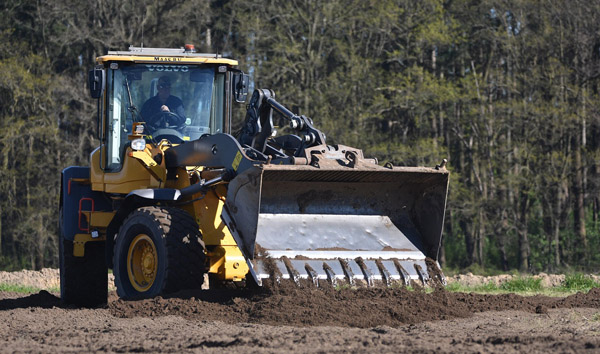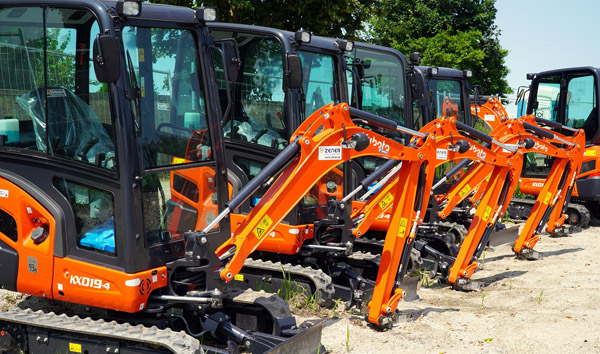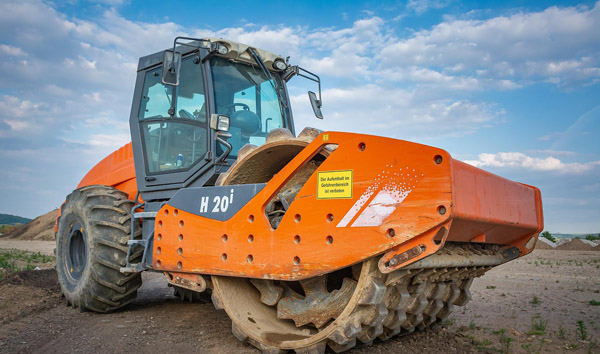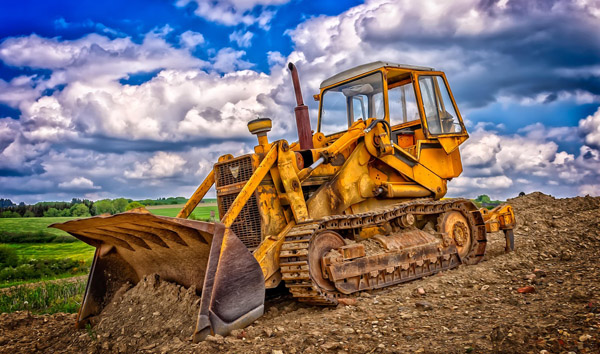Navigating the Complexities of Rough Terrain Forklift Procurement Bidding
2025-07-06 03:05:32
The Rough Terrain Forklift market is projected to grow at a CAGR of 6.2% from 2023 to 2030, driven by increasing demand in construction, agriculture, and logistics sectors. Procurement bidding for these specialized machines demands a thorough evaluation of technical specifications, including load capacity, engine power, and tire durability. Buyers must prioritize suppliers with proven expertise in rough terrain forklift manufacturing to avoid costly operational disruptions.
A well-structured bidding process for rough terrain forklifts should include clear performance benchmarks. Industry data indicates that 78% of procurement delays stem from ambiguous technical requirements. Key criteria such as lift height (minimum 15 feet), stability on inclines (up to 30 degrees), and fuel efficiency (diesel or electric options) must be explicitly outlined. Suppliers bidding for contracts should provide documented compliance with ISO 10525 standards to ensure safety and reliability.
Cost considerations in rough terrain forklift procurement extend beyond the initial purchase price. Maintenance contracts, spare parts availability, and training programs should be factored into the bidding evaluation. According to a 2023 industry survey, 62% of buyers prioritize lifecycle costs over upfront expenses. Suppliers offering bundled service agreements gain a competitive edge in the bidding process, reducing long-term operational risks for the buyer.
Sustainability is becoming a critical factor in rough terrain forklift procurement. Bidding documents increasingly require emissions data, with Tier 4 Final engines now accounting for 45% of new purchases. Suppliers must demonstrate compliance with EPA and EU Stage V regulations to remain competitive. Hybrid and electric rough terrain forklift models are gaining traction, representing 22% of bids in 2023, up from 12% in 2020.
Transparency in the rough terrain forklift bidding process minimizes disputes and ensures fair competition. Digital procurement platforms have reduced bid evaluation times by 30%, according to industry reports. Buyers should mandate real-time performance data sharing from suppliers, including telematics integration for fleet management. A well-executed bidding strategy balances cost, compliance, and innovation, securing optimal rough terrain forklift solutions for demanding environments.














